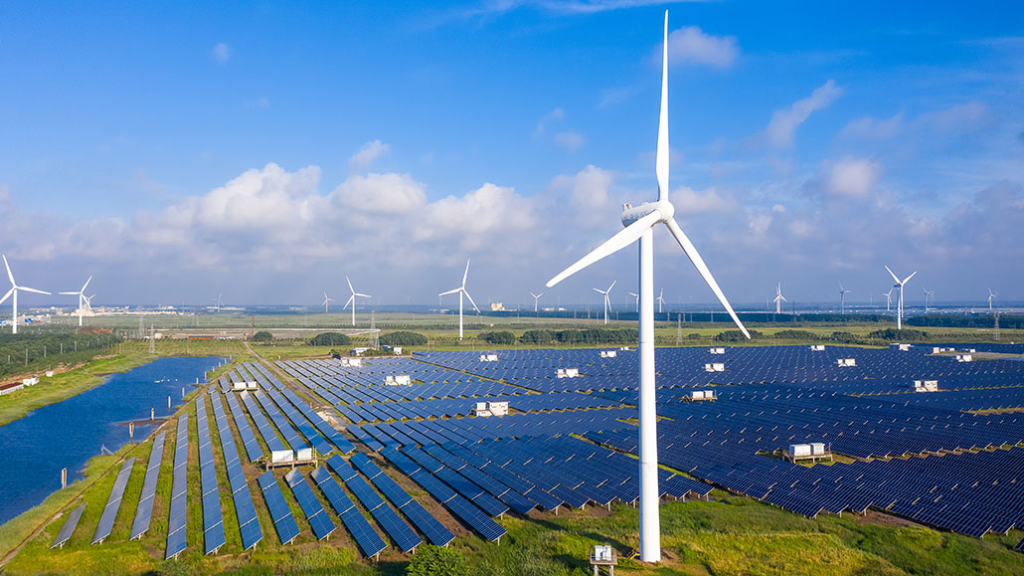After 17 years of negotiations, African leaders finally launched a new continental free trade area three years ago amid a blaze of optimism.
But as the leaders head to Addis Ababa for the annual African Union summit this weekend, it will be difficult to turn the historic agreement into reality.
Eritrea is the only remaining member of the African Continental Free Trade Agreement (AfCFTA), which is billed as the largest free trade agreement in the world in terms of population.
On Saturday, discussions with the title “Acceleration of AfCFTA implementation” begin.
By eliminating almost all tariffs, the AfCFTA is expected to increase intra-African trade by 60% by 2034, resulting in an economic bloc of 1.3 billion people and a combined GDP of $3.4 trillion.
Currently, only about 15% of the goods and services traded between African nations are with other African nations, as opposed to more than 65% with European nations.
According to the World Bank, the AfCFTA, if fully implemented, would lift 50 million Africans out of extreme poverty and increase incomes by 9% by 2035.
However, due to obstacles such as disagreements over tariff reductions and border closures brought on by the Covid pandemic, implementation has fallen far short of that objective.
Background of crises
The International Crisis Group (ICG) think tank claims that this year’s summit occurs at a “delicate moment” for Africa, citing the nascent peace process in Ethiopia, the conflicts in the Democratic Republic of the Congo, the Sahel region, South Sudan, and the jihadist insurgencies in Somalia and Mozambique.
According to ICG, the Russian invasion of Ukraine and the ensuing Western sanctions “have rattled African economies and left many in deep distress,” with food prices skyrocketing.
Energy pipelines, highways, railways, and air routes connect Europe’s internal market, but Africa is still catching up, with corruption and deteriorating infrastructure impeding the process.
Analysts claim that in order for Africa to achieve the desired single market, obstacles that include everything from pervasive red tape to deeply ingrained protectionism in some nations, must be removed.
The Institute for Security Studies’ regional director in Addis Abeba, Paul-Simon Handy, told AFP that although there has been a political declaration of support, implementation will take time.
The ONE Campaign’s director for the African Union, Dorine Nininahazwe, concurred.
According to Nininahazwe, “there are concerns from some African countries that opening borders will result in an influx of people they cannot control.”
Address regions racked by conflict
The summit will attempt to address the raging conflict in eastern DR Congo, which has long been criticized for being ineffective.
Rebels have caused chaos in the mineral-rich east and sparked a diplomatic dispute with neighboring Rwanda, which is accused of supporting the M23 militia. Many of the rebels are survivors of regional wars that erupted in the 1990s and the early 2000s.
In November of last year, the Tigray People’s Liberation Front and the federal government of Ethiopia reached a peace agreement thanks in part to the efforts of the African Union.
Four other nations that have experienced military takeovers, Sudan, Mali, Guinea, and Burkina Faso, will also be attempting to re-join the AU.
But Handy believes that they have few chances.
Reintegrating these juntas into the AU would require a complete renunciation, he said, adding that it would not be given any priority.
The small, 900,000-person archipelago in the Indian Ocean is led by President Azali Assoumani of Comoros, who will replace Macky Sall of Senegal as AU chairman for the next year.
Given his country’s weak diplomatic standing, the 64-year-old Assoumani “will need the support of other senior African leaders to discharge the role,” according to ICG.
Meles Alem, a spokesman for Ethiopia’s foreign ministry, said on Tuesday that the summit will be attended by at least 35 presidents and four prime ministers without providing names.
Nigeria, South Africa, Zimbabwe, Zambia, Mozambique, Lesotho, Botswana, and Congo-Brazzaville are the only countries to have so far confirmed that their presidents will be traveling.
Unease over Israel’s accreditation as an observer at the AU erupted last year, leading to a rare disagreement within a group that prioritizes consensus.
The summit halted a debate on whether to withdraw accreditation, and a committee was formed to address the issue. It’s unclear whether AU will discuss the issue this year.









